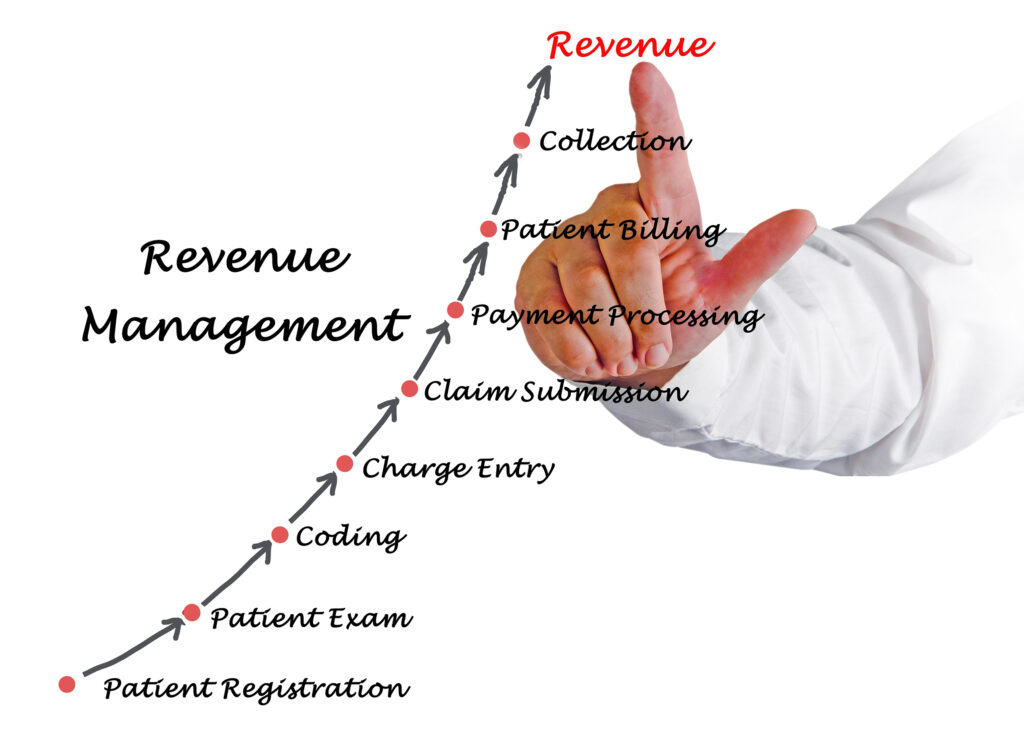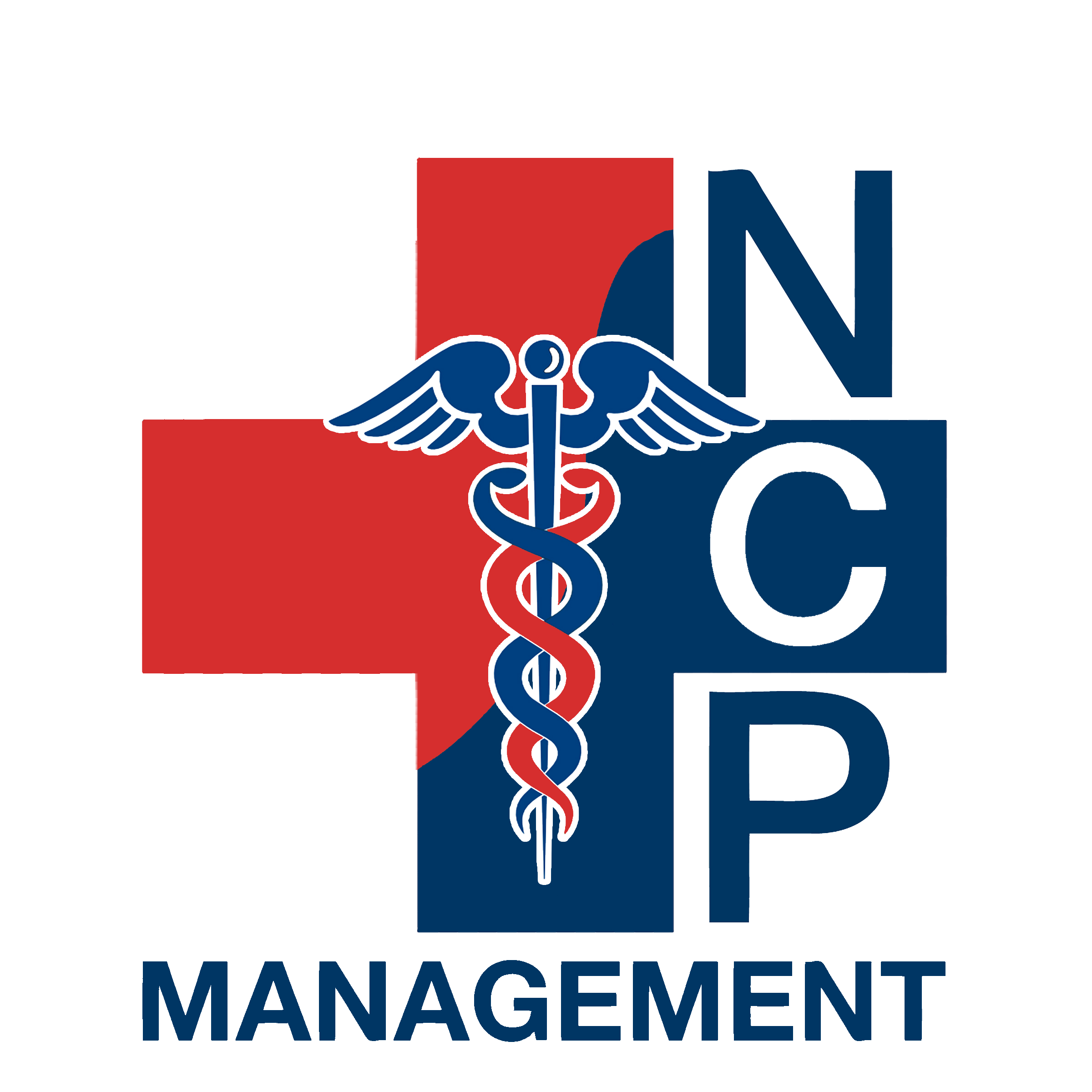
What is revenue cycle management, and why is it so important? Revenue cycle management is arguably the most important aspect to the success of your healthcare business. Revenue cycle management is the process used to track revenue from patients from the initial appointment or encounter to the final payment of balance.
If you’re not getting paid for services provided, then you’re not bringing in revenue, and therefore your business in not profiting. Every processes from beginning to end must be carefully executed. If you have a practice that is contracted with insurance companies, attention to detail is a must. The best of your billing operations must properly be in place for successful returns, including a highly skilled and confident and experienced billing staff. It’s not uncommon to outsource this, and even then so, it’s easy to push it out of sight, out of mind, so it is important you stay on top of it at all times.
Revenue cycle management starts with your “gate keepers”. Eligibility and verification of benefits, if done properly lay down the path for a smooth and successful payment. Eligibility and verification of benefits is a tedious task of making sure everything is written and verified correctly. Because healthcare services are performed before you submit a claim in which to be paid by the insurance company, it is especially key that no step is missed. One mistake and you could essentially have provided a free service.
Claim preparation continues with proper documenting from nurses and doctors, proper coding including ICD-10 codes and CPT codes must translate accurately to services rendered, including supporting modifier codes. All notes must coincide with supporting documentation, this is your “charge capture”. Charge capture is recorded information by the doctor about the services they performed in order to get paid. The supplies used must be recorded and matched with services to determine your expenses for each individual procedure. This will give you a more accurate profit and loss diagram per service.
Once you’ve prepared, and checked all your boxes twice, and all verbiage is reformed to billing language, you’re ready for the claim submission process. Claims processing can be done via paper or electronic. The hopes are you’ve done everything right and will be paid quickly. This isn’t always the case. Insurance companies will dig deep to find anything and we mean anything, big or little you might have done wrong. Their goal is to delay, delay, delay. The longer they delay, the longer they can go without paying you. This is why It’s so important to put your checks and balances in place before hand, to minimize errors. Time is of the essence, the longer it takes for you to get paid, the more your cash flow is affected.

